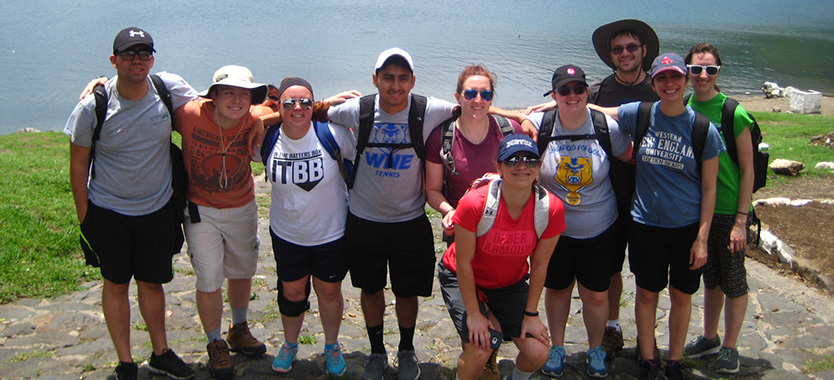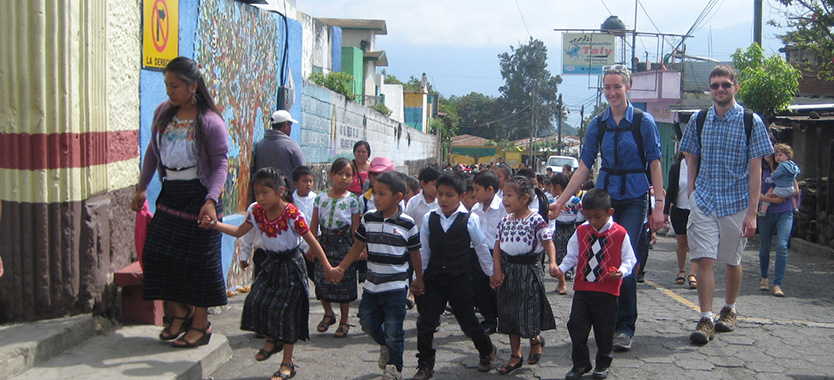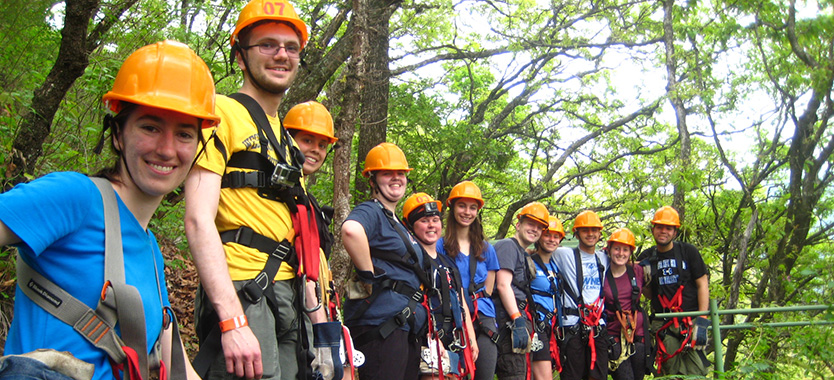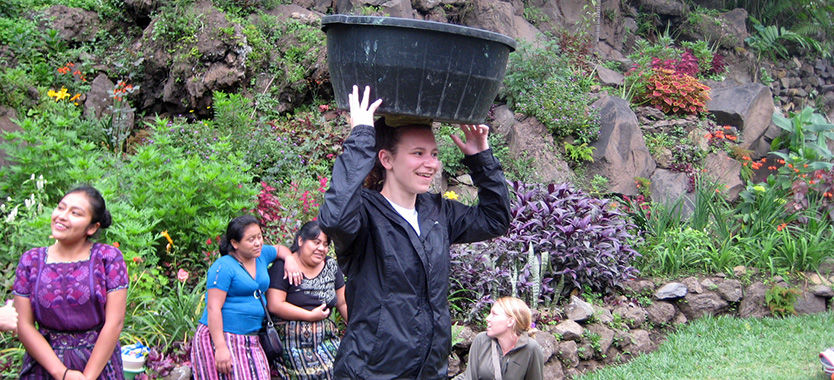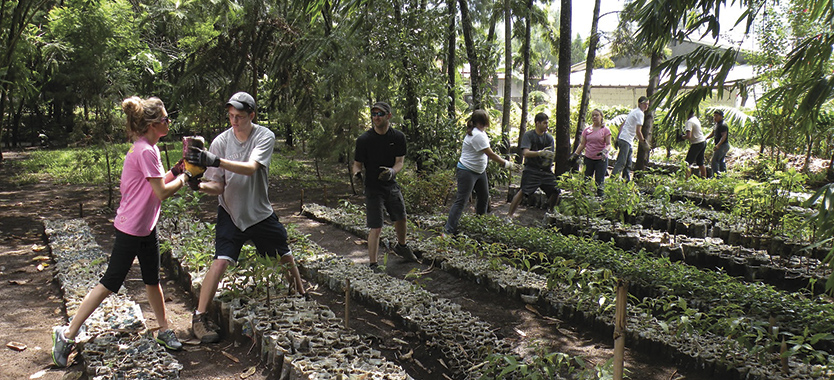Journey to Guatemala
Guatemala is one of the most beautiful countries in our world—home to volcanoes, famous archeological ruins, the Pacific, and the Caribbean.
The Guatemala trip is an optional field experience for students in CUL 292: Guatemalan Cultures, which is offered during the Spring semester. At the end of the semester, students who opt into the trip will travel with faculty to Guatemala, where we will spend almost two weeks exploring the local culture and participating in service-learning activities.
Interested in the adventure of a lifetime? Contact Dr. Mike Rust (mrust@wne.edu) for more information.



